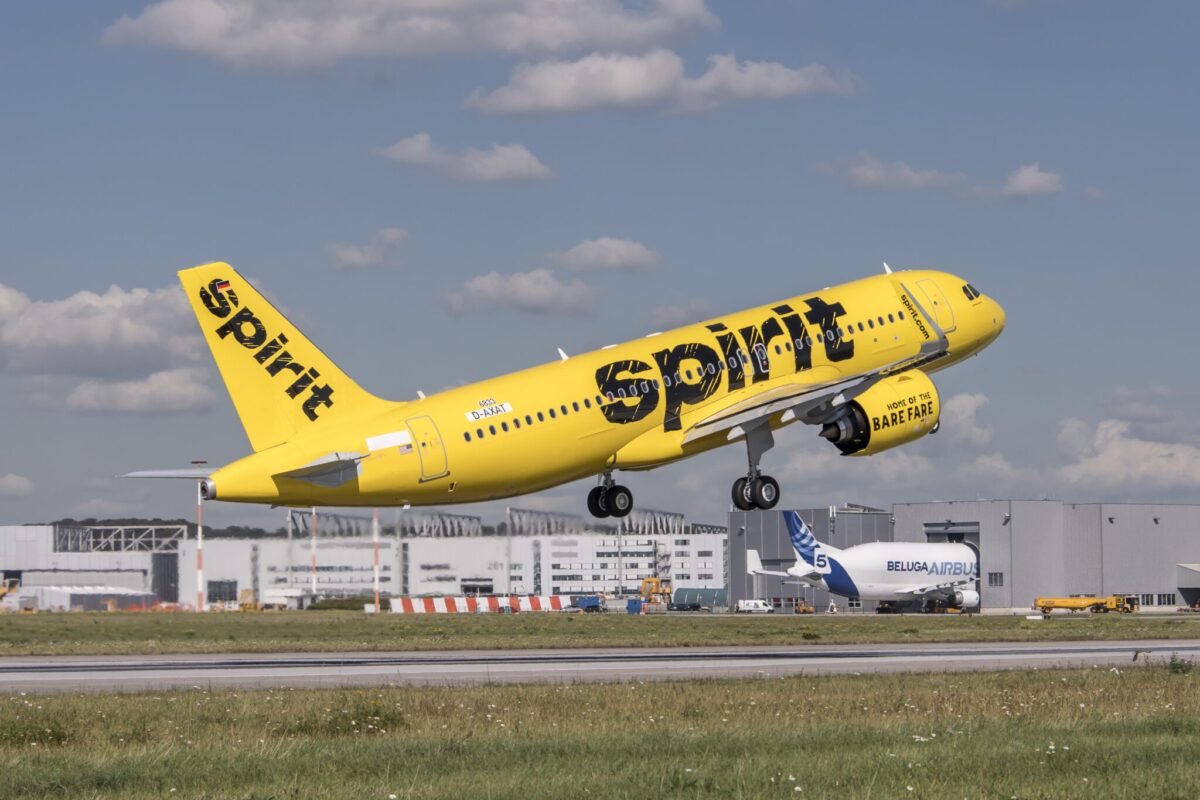Spirit Airlines Is Not Considering a Chapter 11 Bankruptcy, CEO Says

Skift Take
Spirit’s CEOs comments come as S&P downgraded the carrier’s credit rating earlier this week, potentially hurting its ability to refinance its debt. The carrier has $1.1 billion in debt set to mature in September 2025.
Spirit Airlines CEO Ted Christie told shareholders at an annual meeting Friday morning that the carrier is not considering a Chapter 11 bankruptcy — an outcome analysts have speculated about since the proposed merger with JetBlue collapsed.
“We are proudly executing to our plan as we’ve exited the merger agreement with JetBlue and are encouraged by the initial results of our standalone plan,” Christie said during the meeting, according to a transcript provided by the company. “We are not evaluating a Chapter 11 at this time.” Chris

